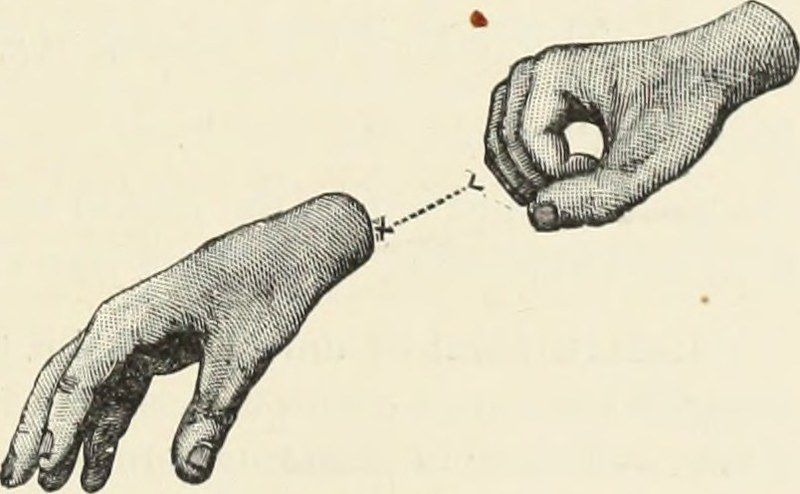The Paradox of Agency
A multi-description exploration of the Paradox of Agency in Complexity.
A multi-description exploration of the Paradox of Agency in Complexity.
MJ 611/ 2021
Home
On Generalizations
By Nitzan Hermon
 Image from page 554 of "Annual report of the Bureau of ethnology to the secretary of the Smithsonian Institution .."(1881)
Image from page 554 of "Annual report of the Bureau of ethnology to the secretary of the Smithsonian Institution .."(1881)When comparing different kinds, we must go to the general before linking the specifics. We can't compare a chair to an apple, or two people, without first going into our intuition and cognitive bucketing of both.
In the process of comparing, we must go into a nonlinguistic, intuitive place. When we go into the general, we leave the detailed experience and go into our heads. Generalization is an embodied action; it is deploying to our intuition. The minute we leave bits and atoms, ambiguity and creativity appear.
Our body knows its limitation, which is why the brain processes so many redundant signals (9 to 1).
"Agency manifests itself in the urge to master: communion in non-contractual co-operation."
—The Master and His Emissary, Iain McGilchrist
The paradox is that intuition, the actual agency in an open-ended world, exists in abstract nonlinguistic space. Once generalizations make it into the specific and into words, they lose their richness and mastery.
Once we put anything into language, it loses its integrity. The same way that picking vegetables from soil starts its decay.
Agency is the act of embodied conviction and gentle leadership. Agency is navigating all of the places we have no control. It is the white space between the inked lines. It isn't what's not said by a particular person at a specific place, but the context connects all of those things. Weaving known, unknowns, the possible, and fantastical is creativity, and creativity is the only agency.
Home
A project of Marcus Jenal.
All contributions are generously offered by their creators without remuneration.
Unless otherwise stated, all copyrights are with the contributors.